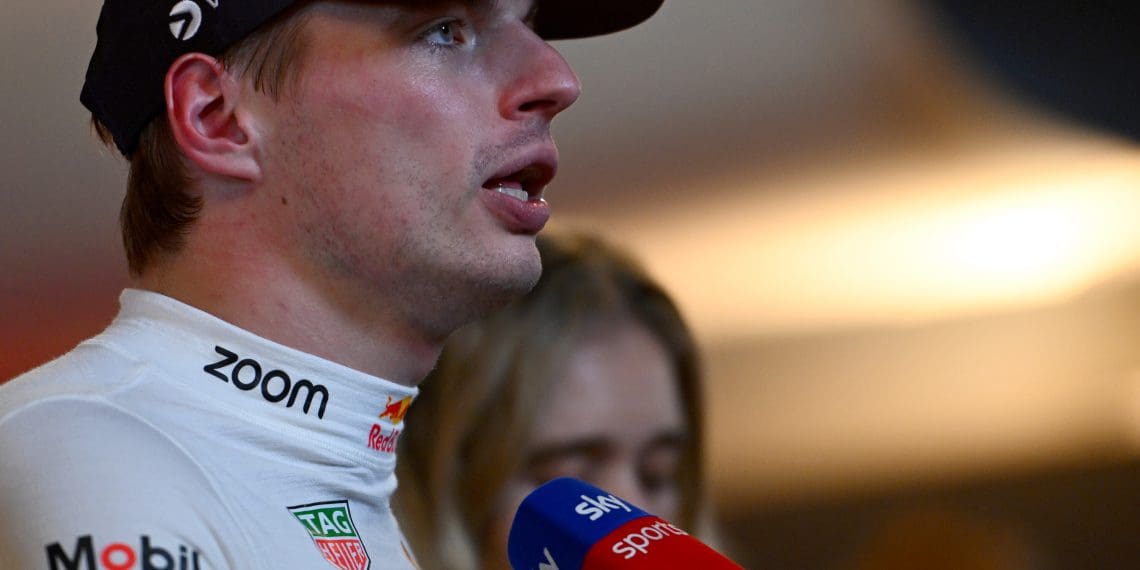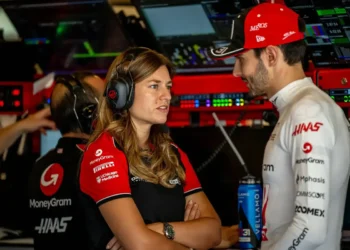The world of Formula 1 racing is as much about the thrill of speed as it is about adhering to a complex web of rules and regulations. Every driver, undoubtedly, has thought about changes they’d make if given the chance. For Max Verstappen, the Dutch racing ace preparing to embark on his journey into fatherhood, his desired modification is quite straightforward: a reduction in the number of races.
Looking back to the early days of Formula 1, it’s clear that the sport has come a long way. In its 1950 inaugural year, the F1 calendar featured just seven races, one of which was the Indianapolis 500 – a spectacle that was often overlooked by the F1 community. This limited schedule, primarily based in Europe, ensured that travel was kept to a minimum, a stark contrast to the globe-trotting demands of today’s F1 circuit.
As the sport’s popularity skyrocketed, so did the number of its international racing events. The introduction of the Argentine Grand Prix in 1953, fueled by the widespread admiration of Juan Manuel Fangio, marked the beginning of Formula 1’s global expansion. This trend continued in 1958 with the addition of a race in Casablanca, Africa. From that point forward, the growth of Formula 1 has been an unrelenting quest for global recognition and financial gain.
Looking ahead to the 2025 season, the F1 calendar is set to feature a record-equalling 24 races. This grueling schedule demands that drivers, teams, and crew members spend approximately 40 weeks a year circling the globe.
When Verstappen was queried about the one rule he’d change in Formula 1 during the F1 75 Live launch at the London O2 Centre, his answer resonated with many: fewer races. Despite his reputation for pushing the limits both on and off the track, Verstappen remains convinced that a reduction in the number of races would be beneficial, particularly from a driver’s perspective.
“It’s too many,” Verstappen declared, referring to the current count of Grands Prix per year. “We are travelling quite a lot. Less races, that’s what I would start with.” He recognized that his viewpoint is one of a driver, acknowledging the commercial implications of the sport’s rigorous travel schedule. Yet, he remains steadfast in his belief that a leaner racing calendar would be optimal.
Verstappen’s call for a more relaxed schedule is likely influenced by a significant event in his personal life: his impending fatherhood. He and his girlfriend, Kelly Piquet, are expecting their first child, who is due during the F1 season. When asked if his impending parenthood influenced his stance on the number of races, Verstappen candidly replied, “Yeah.”
He humorously referred to the only circumstances that could potentially cause him to miss a race – an accumulation of penalty points or a violation of the FIA’s new regulations against foul language. However, he quickly returned to the crux of the matter: the current F1 schedule offers no room for personal breaks, not even for the birth of one’s child. Thus, Verstappen’s proposition for a shorter, more family-friendly schedule seems less a desire and more a pressing need in the high-octane world of Formula 1.










